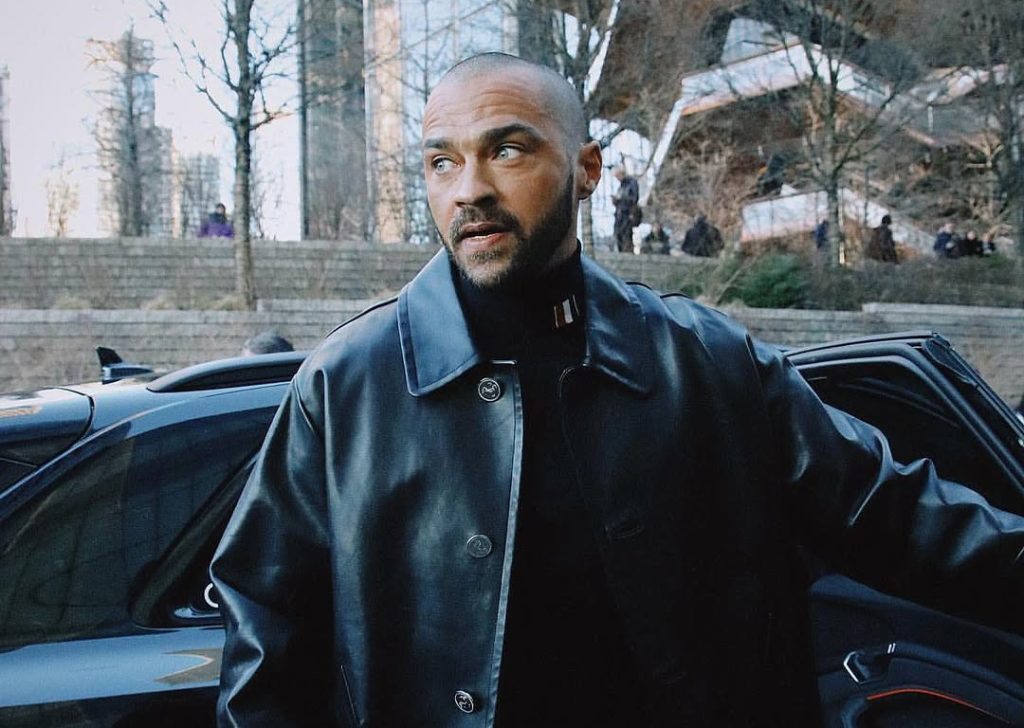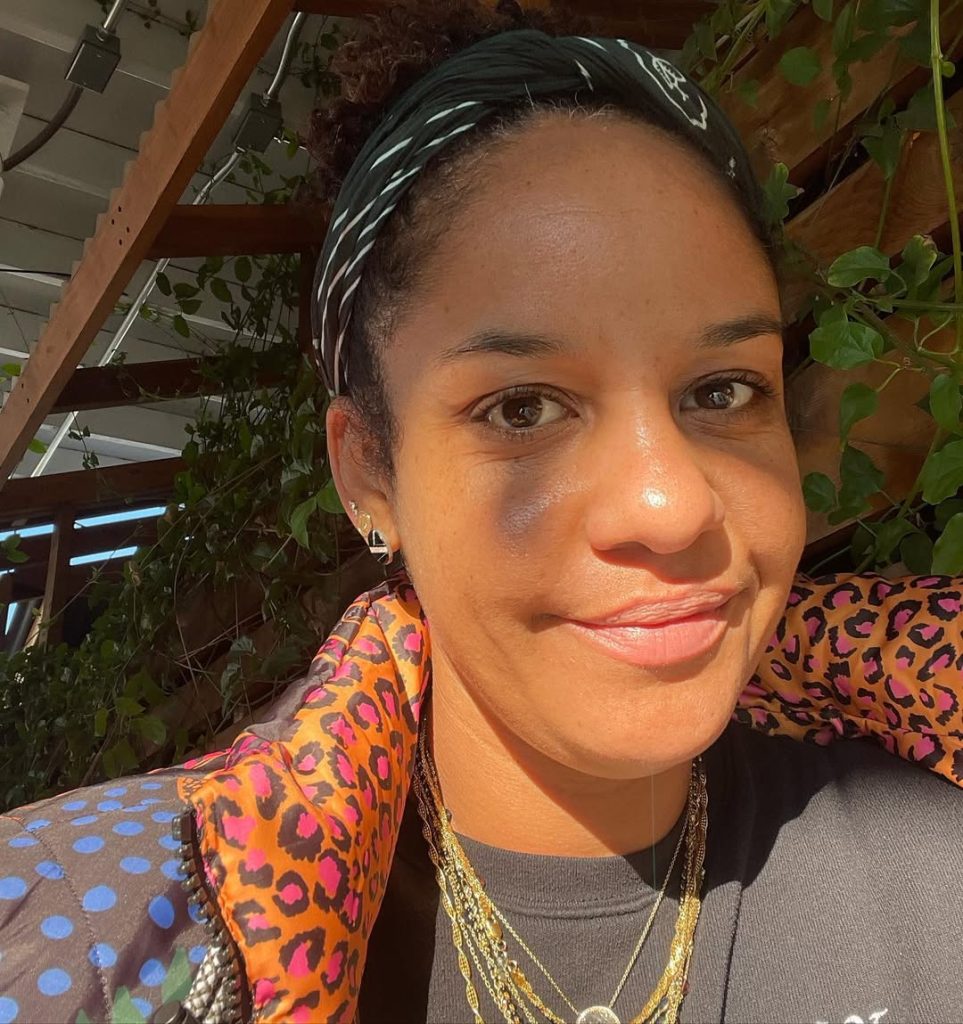Understand Your Rights. Solve Your Legal Problems


Jesse Williams, who many know from his years on "Grey’s Anatomy," is making headlines for reasons far outside Hollywood. His ongoing custody battle with ex-wife Aryn Drake-Lee has drawn attention to a part of family law that’s often misunderstood: legal custody. In March, a judge gave Jesse the final say in medical decisions for their kids. Aryn claims she didn’t even get the chance to properly present her side. It’s the kind of courtroom decision that sparks more than just celebrity gossip—it opens the door to bigger questions about how these life-altering judgments are made.

Aryn Drake-Lee
Sole Legal Custody: What It Really Means
Legal custody is about who gets to make the big calls in a child’s life—medical care, schooling, religion. It’s not the same as physical custody, which determines where the child lives. Most judges like to see both parents sharing legal custody because, in theory, it keeps both involved. But when things between parents go south—or when one parent feels steamrolled—the courts sometimes hand that power to just one person.
In California, joint legal custody means both parents share decision-making duties. Sole legal custody gives one parent full control. Judges are supposed to reserve that for situations where cooperation just won’t work or might harm the child. In Jesse and Aryn’s case, the judge gave them a shared physical custody schedule but handed Jesse the reins on healthcare decisions. That shift has raised some eyebrows, not just because of who it involves, but because of what it might suggest about how easily one parent can be cut out of critical choices.
As expert attorney Michael Geller, based in San Francisco, explains, “For clients with children, we prioritize solutions that protect the best interests of the child and encourage co-parenting.” That principle—putting kids first—should be the thread running through every custody decision. When sole legal custody is granted, it should be because shared parenting simply isn’t workable.
What “Best Interests of the Child” Looks Like in Real Life
The phrase “best interests of the child” gets tossed around a lot in family law. It’s the standard courts lean on when deciding custody issues. But it’s also vague, leaving room for interpretation. Judges weigh everything from each parent’s health to their involvement in the child’s life to whether the two can work together without constant tension. If a child is old enough, their preferences might even count.
Aryn says she came to court with detailed medical and dental records showing her involvement in her kids’ health. But according to her, the judge didn’t want to see any of it. That’s a big deal. If you’re told the case is about what’s best for the children, but the evidence showing your role in their care is dismissed? That doesn’t just feel unfair—it undermines the whole idea of the process being balanced.
Why Courts Sometimes Say “One Parent Only”
Usually, a judge won’t give one parent total control unless something serious is going on. Maybe there’s a history of violence or neglect. Maybe one parent refuses to follow orders or can’t communicate without it turning into a fight. In Jesse’s filings, he accused Aryn of being difficult—saying she made doctor visits chaotic, blocked travel plans, and made it hard for him to show up for his kids. The court apparently believed that narrative.
But Aryn paints a different picture. She says she was prepared, informed, and actively involved—but still wasn’t allowed to fully defend herself. She says she had documentation, emails, records—all ready to go. Yet none of it made it into evidence. If that’s true, it raises serious concerns. You can’t help but wonder if the judge had already made up their mind.
Michael Geller touches on this emotional toll: “We approach every case with empathy and understanding, acknowledging that divorce is not just a legal process but also an emotional one.” For many parents, especially in high-stakes cases like this, being heard—and taken seriously—matters just as much as the final ruling.
The Evidence Gap: What Gets In, What Gets Left Out
Evidence in family court isn’t always what people imagine. Sure, medical records and school reports matter. But so do texts, emails, calendars—sometimes even social media posts. The tricky part is that what one judge allows, another might reject. Some courts run informally. Others cling to strict legal procedures that make it harder to get relevant material in front of a judge.
Aryn says she wasn’t just ignored—she wasn’t allowed to counter what Jesse’s team was saying. That’s huge. Losing the right to have a say in your child’s medical care isn’t a small thing. If that happens without a fair hearing, it doesn’t just sting—it feels like a betrayal by the very system that’s supposed to protect your parental rights.
This isn’t just one mom’s experience. Plenty of parents have walked into court thinking they were going to get a fair shake, only to walk out wondering what just happened. Family law, in some cases, has earned a reputation for being inconsistent. When outcomes swing wildly based on which judge you draw, people stop trusting the system.
The Weight of a Judge’s Word
Judges in family court hold a ton of power. They decide who sees the kids, who gets to make decisions, and who loses those rights. And they do it under pressure—tight schedules, limited evidence, and cases full of emotion.
That said, power needs checks. Aryn has questioned whether the judge truly gave her a fair shot. She believes the court leaned on hearsay, skipped over facts, and rushed to judgment. She’s not alone in thinking this happens more often than it should. As attorney Laura Wasser put it: “The role of the judge is to maintain neutrality and ensure that both sides are equally heard, especially when custody is on the line. Removing legal decision-making authority from a parent should never be done lightly and must be grounded in facts, not perceptions.”
When people feel they weren’t heard, it damages more than just their case—it chips away at faith in the system. And when kids are involved, that damage can last well beyond the courtroom.
Parenting Time, Third Parties, and the Bigger Fight
There’s another layer to this that didn’t get as much attention. Aryn had actually agreed that Jesse could spend more time with the kids. What bothered her was him handing them off to nannies or friends when he wasn’t available. She felt she should get that time instead. That’s a common parenting dilemma: when one parent can’t be there, should the other step in?
It might seem like a side issue, but it can feed a larger conflict. What starts as a debate over logistics can quickly spiral into something deeper—resentment, control, and the fear of being shut out. In that context, gaining sole custody can feel less like a legal outcome and more like a win. But custody battles shouldn’t be about winning. They should be about what helps kids feel safe, stable, and loved.
The Bigger Picture for Parents Watching From the Sidelines
This story isn’t just about two celebrities. It’s about the everyday parents who find themselves in similar courtrooms, with far less visibility and fewer resources. The fear of being erased from their child’s life isn’t abstract—it’s very real.
What this case shows, more than anything, is the importance of making sure the system actually works the way it’s supposed to. That means giving both parents a fair voice. That means looking at the evidence. And that means judges taking the time to truly understand what’s best for the kids—not just what’s convenient or persuasive in the moment.
The custody dispute between Jesse Williams and Aryn Drake-Lee isn’t just a celebrity saga—it’s a cautionary tale. It reminds us that legal custody isn’t just a checkbox on a form. It carries real weight. And when that weight is handed to one parent without fully hearing out the other, it doesn’t just hurt one person. It disrupts the entire balance of a family. That’s why getting these decisions right—and making sure they’re made fairly—is more important than ever.
Recalled Product Lawsuits: What Every Consumer Should Know
When a product fails, who pays the price? A look at how consumers are pushing back through litigation—and what rights they actually have.
Ghosted by Insurers: AI Claim Rejections Spark Outrage
Insurers are using AI to deny claims—and leaving customers in the dark. Here’s how lawsuits are starting to fight the algorithm.
Fired for Political Speech? What State Laws Say About Your Rights
From social media posts to protest attendance, where’s the line between free expression and workplace consequences?
Emotional Fraud on OnlyFans? The Class Action That Could Change Digital Intimacy
Fake DMs and blurred lines: A new lawsuit challenges how platforms like OnlyFans manufacture connection—and what that means legally.
Domestic Violence or Mutual Arrest? The Kim Delaney Case Raises Complex Questions
A dual arrest in a domestic violence dispute sparks debate about bias, assumptions, and how the law responds to volatile situations.
Kellie Pickler Subpoenaed in Estate Dispute Over Late Husband’s Will
Country star Kellie Pickler is drawn into a legal battle over inheritance rights. Family dynamics meet probate law in this unfolding case.
Val Kilmer’s Estate, Voice & Image: Who Owns the Legacy?
As AI resurrects old voices and faces, a new legal frontier emerges: Who controls the digital afterlife of a celebrity?





